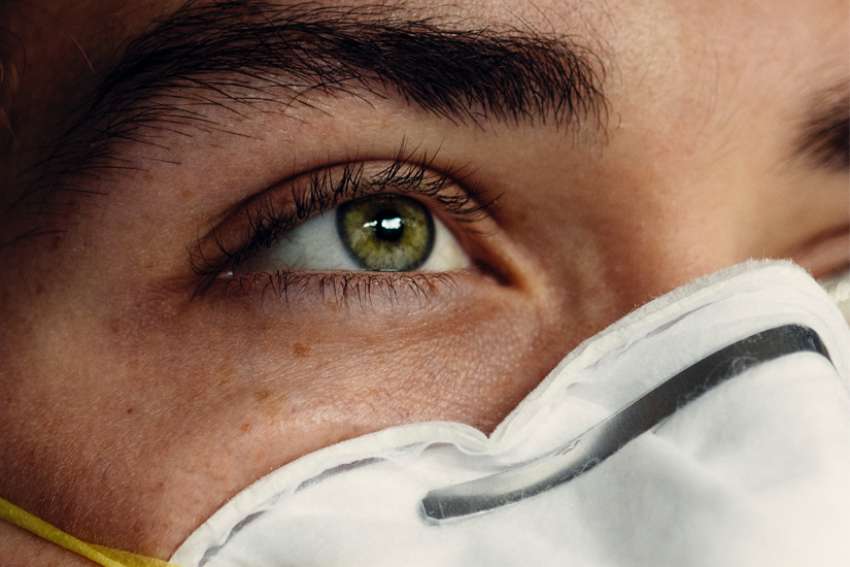Growing up on a small family farm near the west coast of Cape Breton Island in Nova Scotia, my parents and siblings and I all seemed to assign an incorrect meaning to an oft-used word.
That small-scale farm operation included a number of domestic animals, among them a modest flock of sheep, modest in number and in the timid nature of the woolly animals.
Sheep are famous followers. Where one leads, the flock will often fall in line behind, even if the trend-setter is headed in a direction that’s not good for a single sheep or the flock.
To prevent sheep from squeezing through fences, my father would fashion four-sided wooden collars to hang around the necks of the most likely escape-artist sheep. We referred to the wooden collars as yokes but I have since come to learn that their proper name is a poke or a check.
The yoke, of course, was a hand-carved wooden crosspiece attached between a pair of oxen or other animals to enable them to pull together as a team to transport a piece of farm equipment.
The yoke, which made the task easier for both members of the team while making team members dependent on each other, was a prominent Gospel theme in our first return to Mass in more than three months.
“Come to Me, all you that are weary and are carrying heavy burdens, and I will give you rest,” the Gospel read. “Take My yoke upon you and learn from Me; for I am gentle and humble in heart, and you will find rest for your souls. For My yoke is easy, and My burden is light.”
Sharing the Mass and Eucharist in the communion of fellow parishioners in a physical building was an easing of a burden for many.
The Mass certainly was not business as normal.
First, we had to register for the privilege of attending and show up early and masked to have our names checked off before being shown to seats by masked ushers. Many of the pews were cordoned off to ensure social distancing. The congregation numbered only about 50, less than half the size for a pre-COVID Sunday Mass.
When it was time for communion, we marched up to the front by sections, person by person, allowing a two-metre distance between people.
The deacon distributing communion did not wear a mask and some parishioners wondered why. Communion was offered in only one species. To avoid potential passing of the virus, there was no singing, no offertory and no collection, save for an available receptacle at the door as congregants intermittently filed out of the building. Parishioners were advised to exit and go directly to their vehicles instead of the traditional lingering and chatting among fellow parishioners.
But it was Mass and the burden had been alleviated. In our parish, as is the case with many others, the online version of the Mass that was offered during the height of the pandemic will be continued because our pastor says that is another way “to give the rest and comfort of the Mass to those who, for many varied reasons, are unable to gather in person.”
Sitting in a pew that had not been available for three-plus months, it was easy to ponder the Gospel reading and its featured yoke. Because we had all pulled together, much like a powerful team of oxen pulling a heavy load, and because we had followed the restrictions and health guidelines, we were able to gather for Mass.
When considering the severe COVID predicament our international neighbours to the south find themselves in, the incorrect meaning of the word yoke that my family prescribed to in the past seems more appropriate.
The contraptions that hung around the necks of sheep actually kept them all safe, almost like the face masks of the current COVID crisis. The mis-named yokes or wooden collars stripped the sheep of a modicum of independence, maybe a perceived woolly right to do as they chose without regard for the well-being of their mates.
Our yokes, our burdens are only eased when we choose to do the right thing and keep the greater good foremost in mind.
(Campbell is a reporter at the Halifax Chronicle Herald.)

